Find Help
More Items From Ergsy search
-
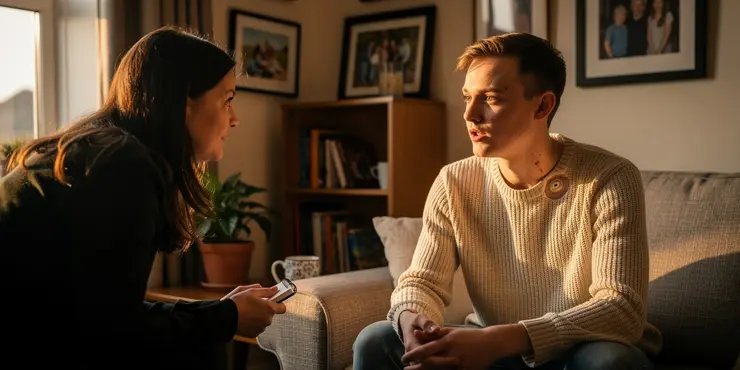
An Interview With JC About His Leukemia And His Leukemia Treatment
Relevance: 100%
-
Leukaemia: What are the signs and symptoms? | NHS
Relevance: 59%
-
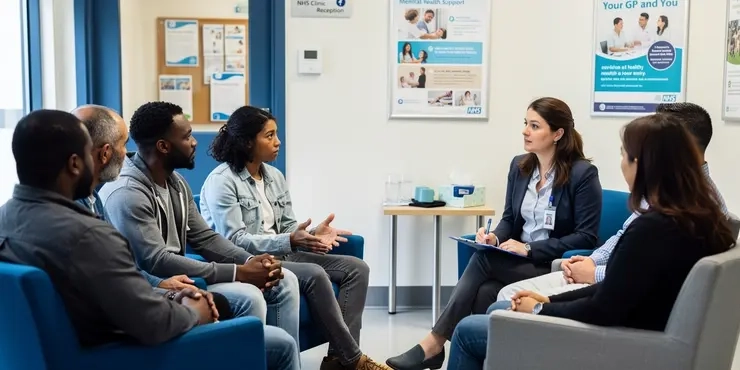
The asylum screening interview
Relevance: 50%
-
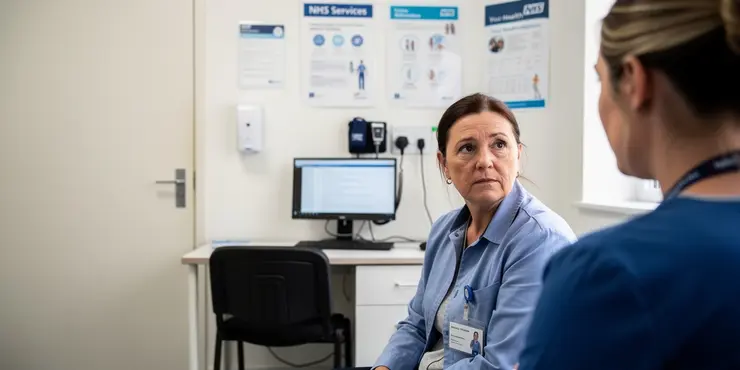
Does Paillon treatment treat all types of cancer?
Relevance: 23%
-
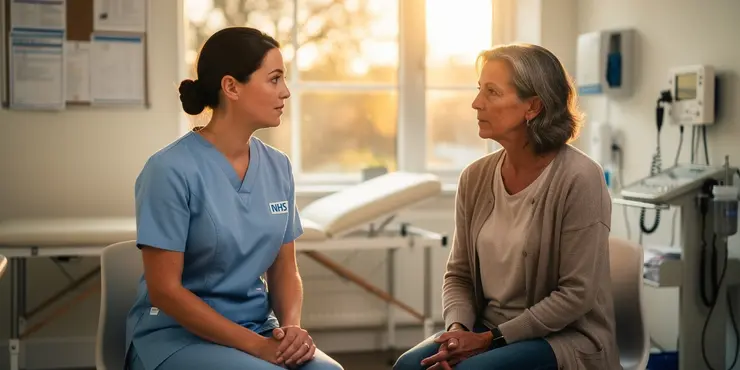
4 facts about blood cancer that you should know | NHS
Relevance: 23%
-
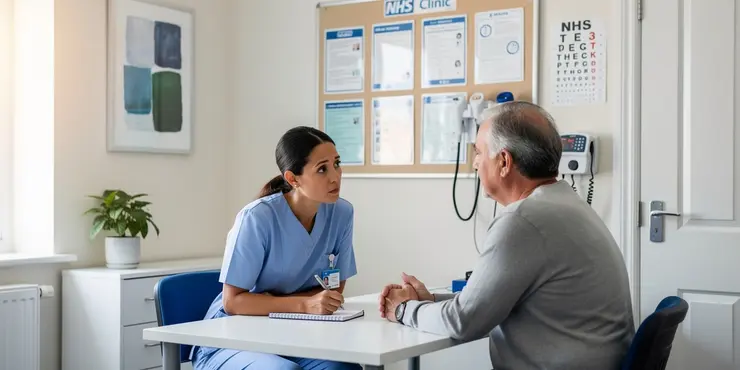
What types of cancer is Paillon treatment most effective against?
Relevance: 20%
-
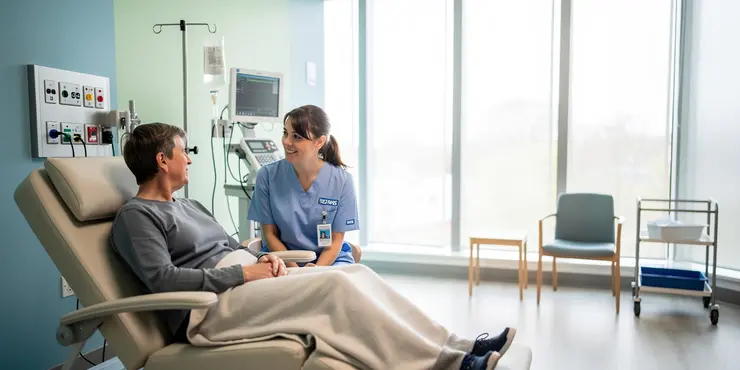
Having chemotherapy and other treatments in the Day Treatment Unit
Relevance: 20%
-
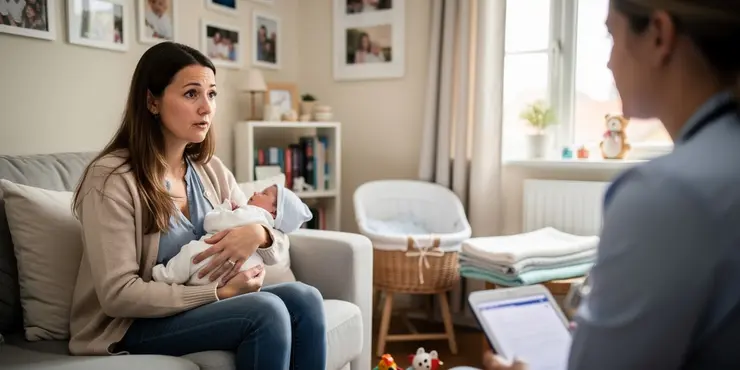
Are there treatments available for postnatal depression?
Relevance: 19%
-
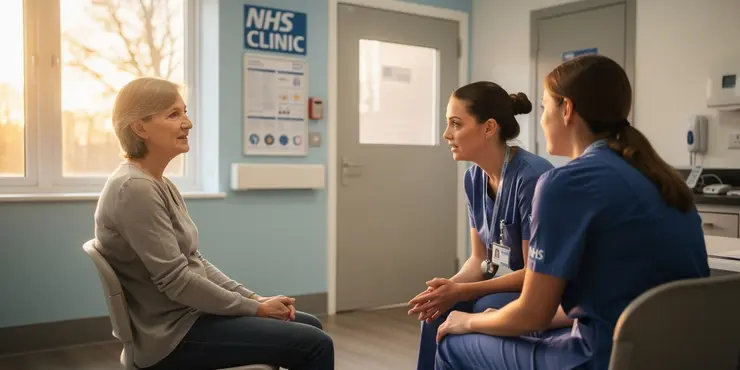
What are the success rates of Paillon treatment?
Relevance: 19%
-
Is there a treatment for measles?
Relevance: 19%
-
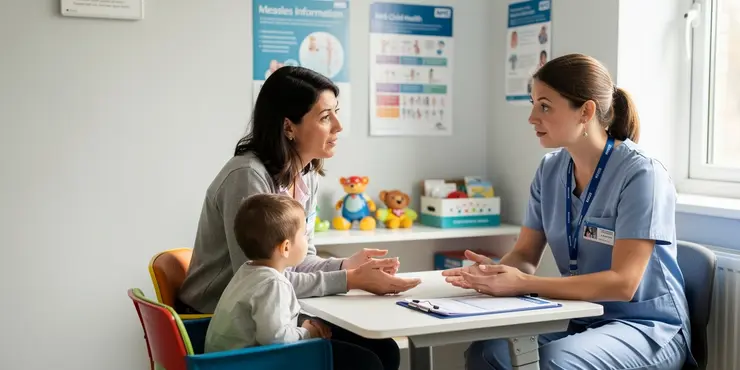
Is there a treatment for measles?
Relevance: 19%
-
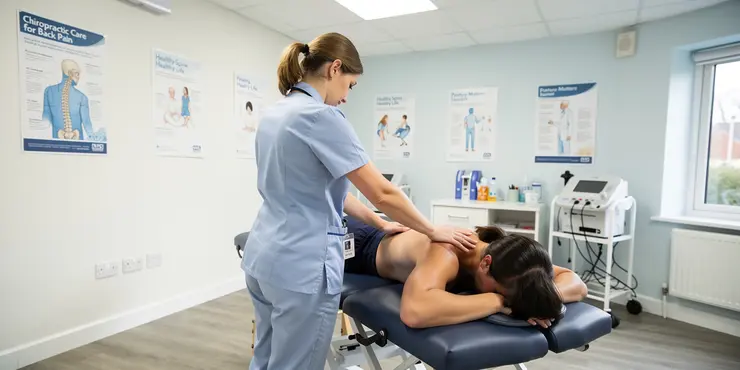
Are chiropractic treatments safe?
Relevance: 19%
-
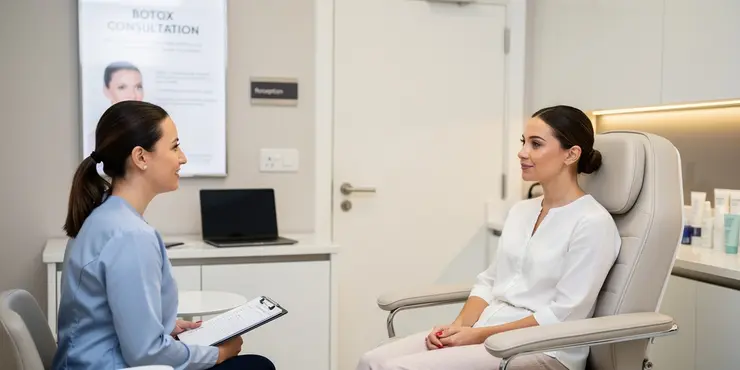
Is Botox treatment expensive?
Relevance: 19%
-
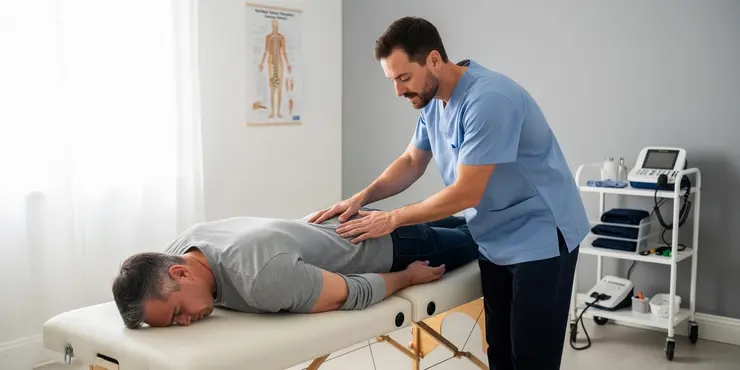
Are chiropractic treatments painful?
Relevance: 19%
-
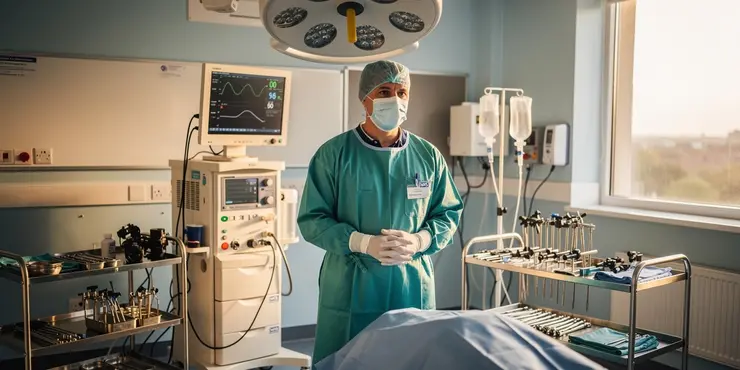
What is the treatment for appendicitis?
Relevance: 19%
-
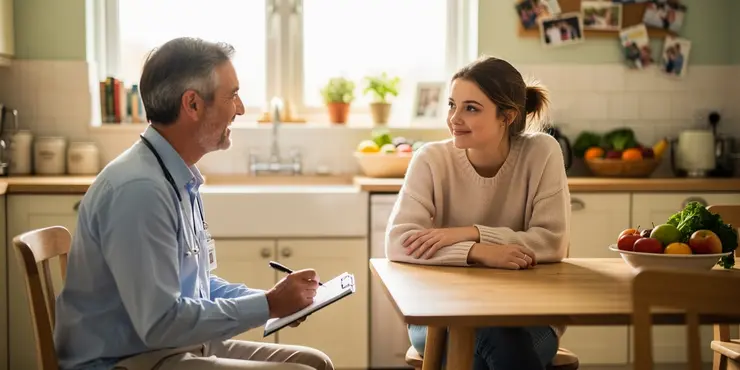
Eating disorders: treatment
Relevance: 18%
-
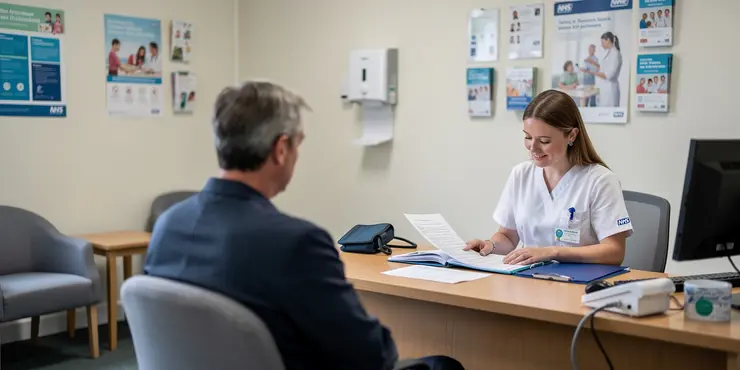
Is Paillon treatment a form of chemotherapy?
Relevance: 18%
-
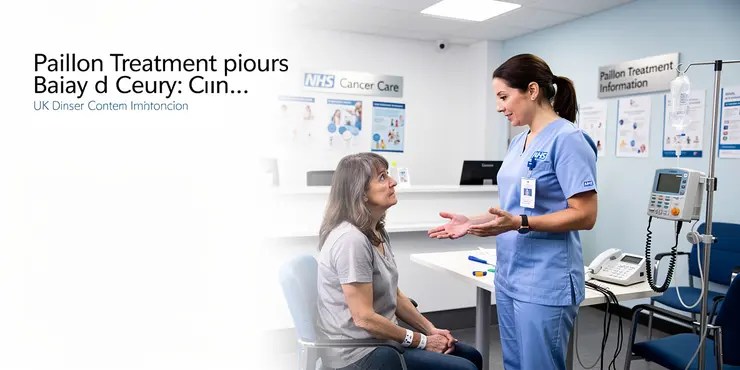
What is Paillon treatment for cancer?
Relevance: 18%
-
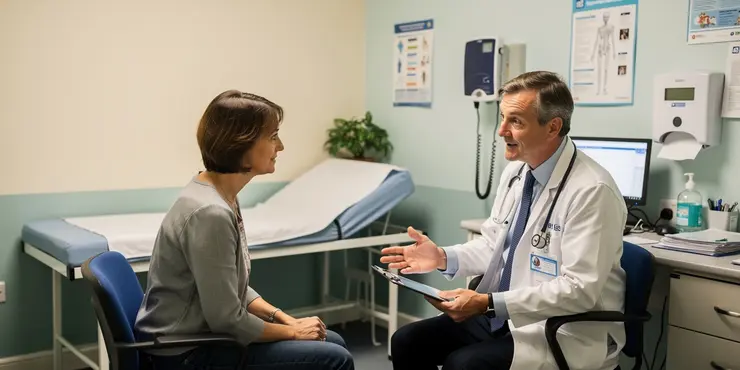
Who developed the Paillon treatment?
Relevance: 18%
-
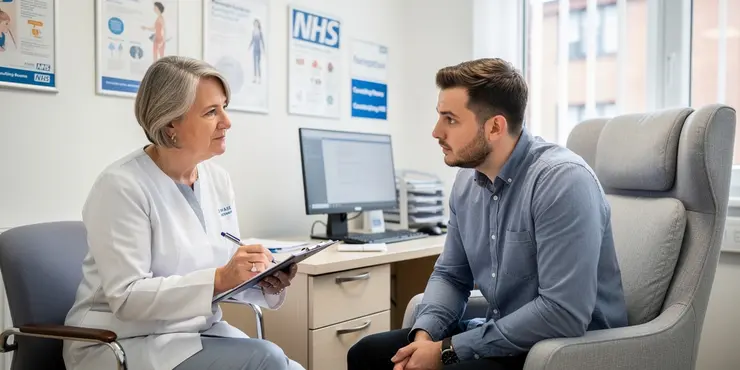
How is Paillon treatment administered?
Relevance: 18%
-
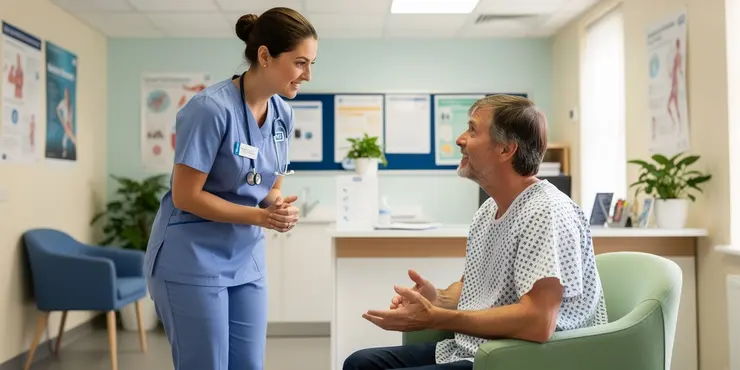
BSL - Treatments for insomnia
Relevance: 18%
-
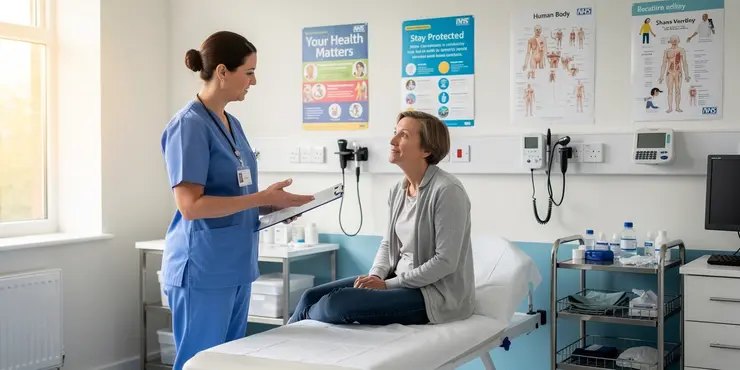
Is Paillon treatment FDA approved?
Relevance: 18%
-
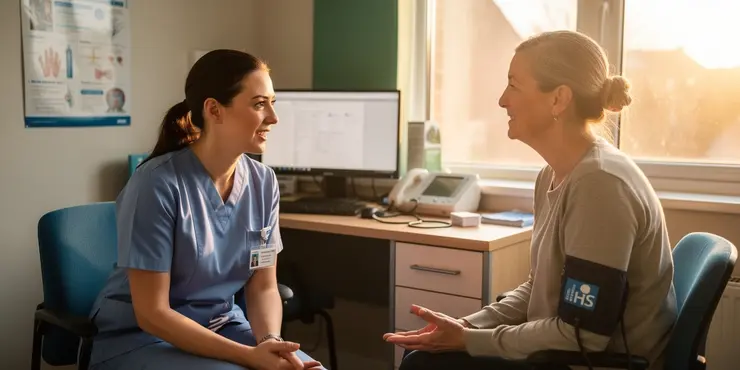
Is a prescription required for Paillon treatment?
Relevance: 18%
-
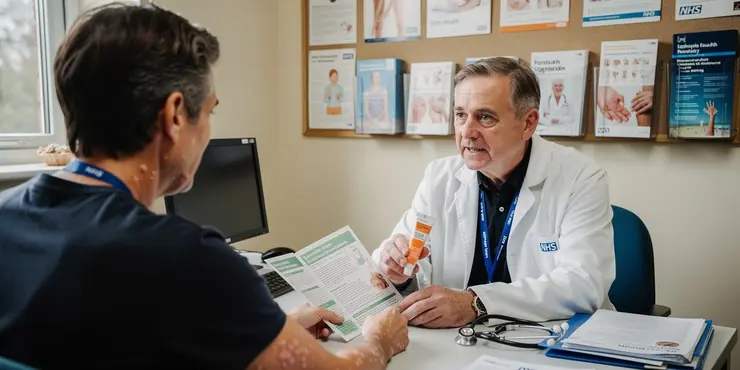
What are topical treatments for psoriasis?
Relevance: 18%
-
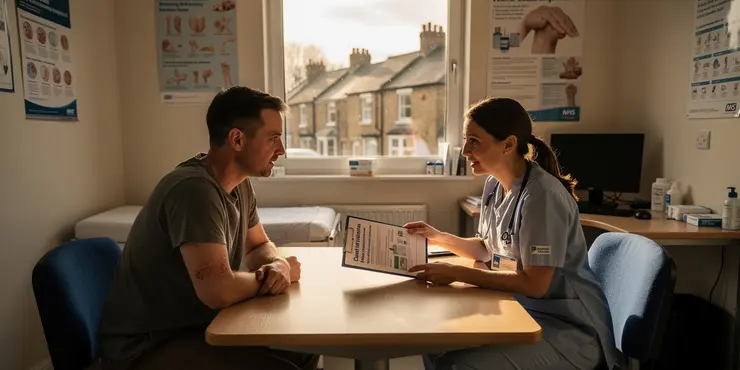
What treatments are available for eczema?
Relevance: 18%
-
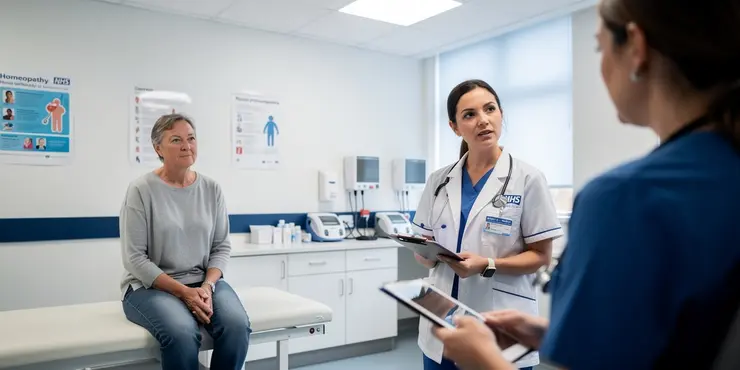
Are homeopathic treatments covered by the NHS?
Relevance: 18%
-
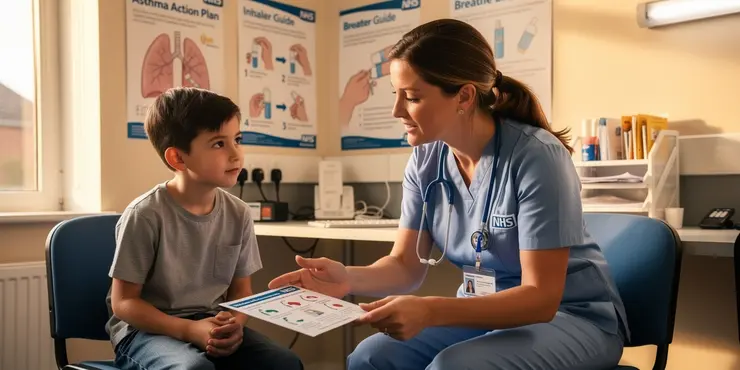
Are inhalers the only treatment for asthma?
Relevance: 18%
-
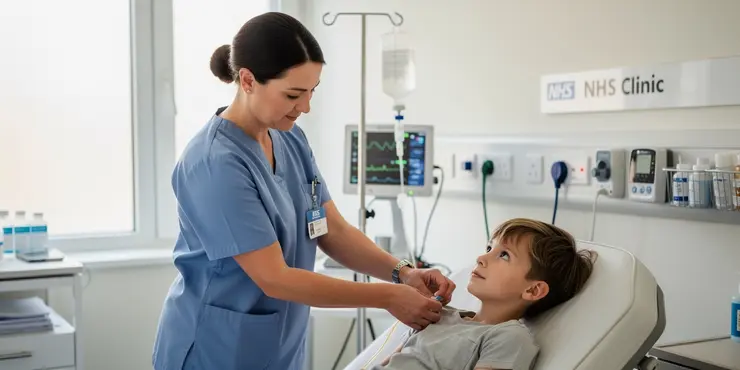
What is the treatment for bacterial meningitis?
Relevance: 18%
-
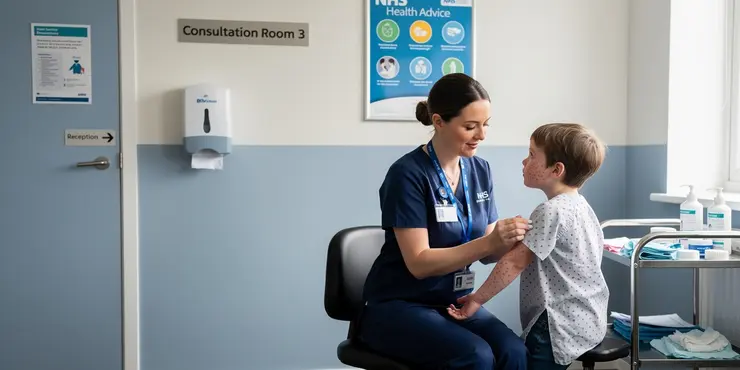
What is the treatment for chickenpox?
Relevance: 18%
-
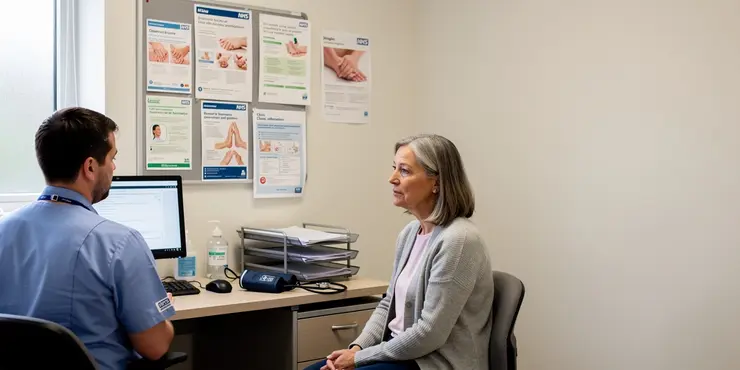
What treatments are available for shingles?
Relevance: 18%
-
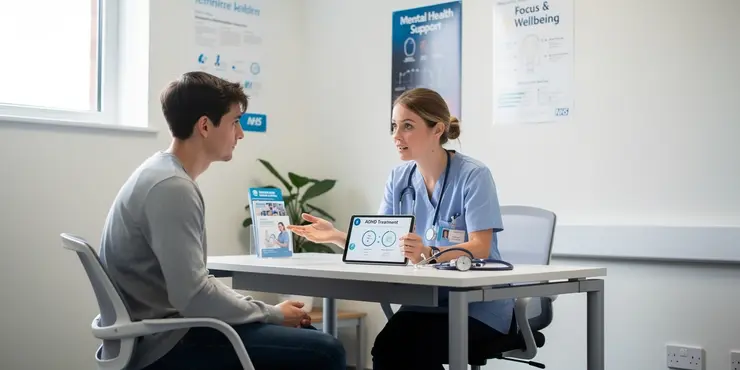
What are common treatments for ADHD?
Relevance: 18%
-
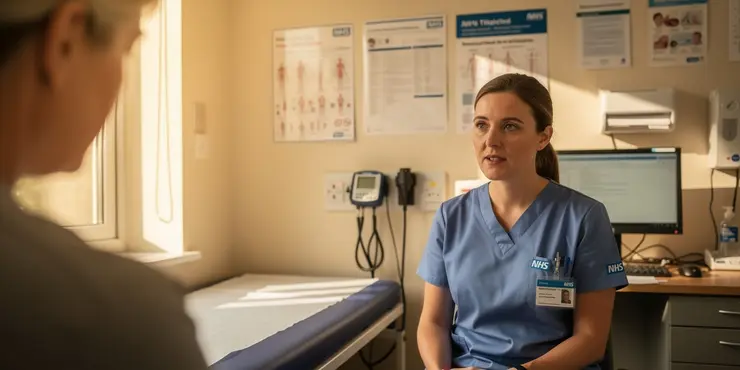
What treatments are available for shingles?
Relevance: 18%
-
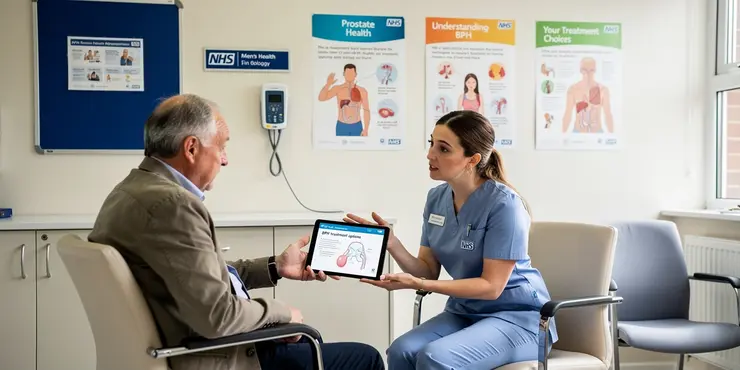
What are the treatment options for BPH?
Relevance: 17%
-
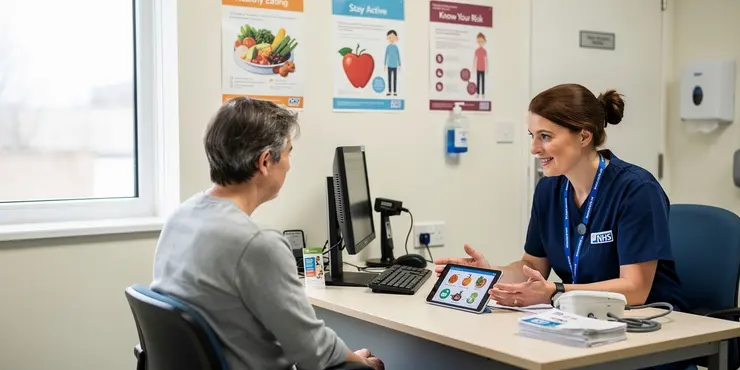
What treatments are available for obesity?
Relevance: 17%
-
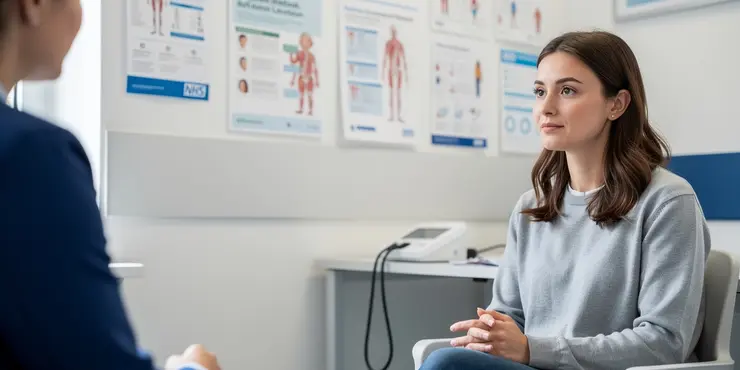
The treatment approach for an eating disorder
Relevance: 17%
-
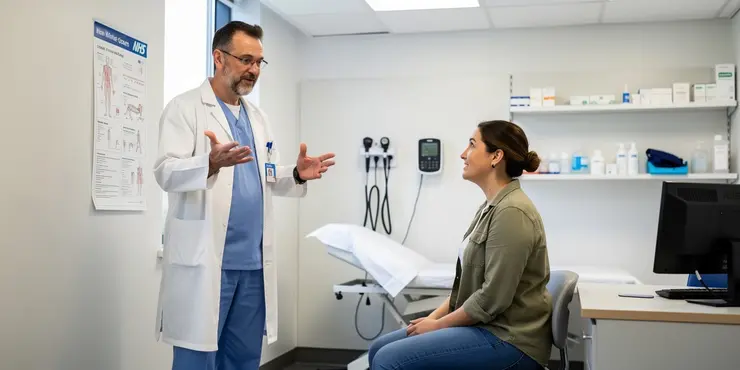
Are there treatments for West Nile Virus?
Relevance: 17%
-
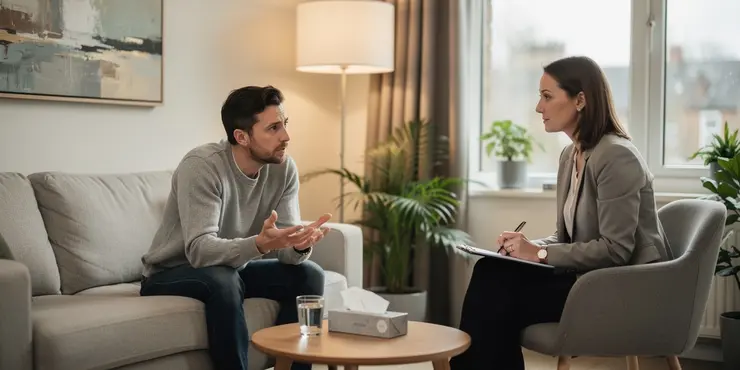
BSL - Treatment of panic disorder
Relevance: 17%
-
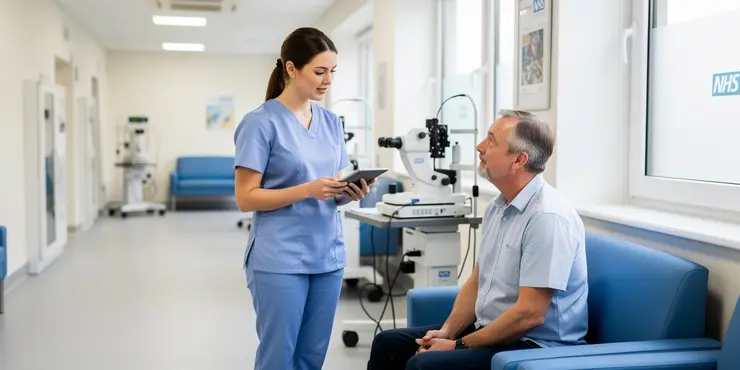
What treatments are available for hypotony?
Relevance: 17%
-
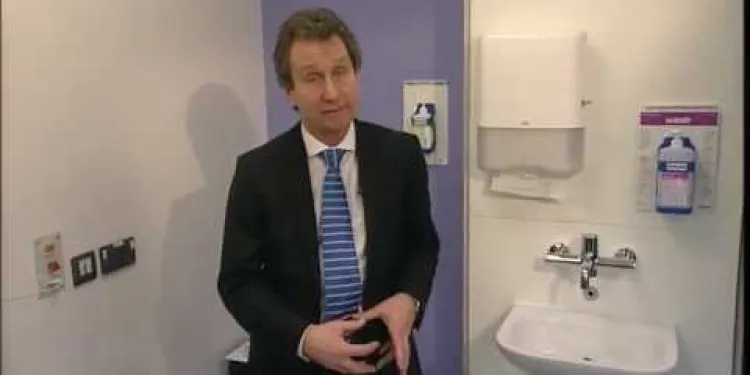
Hernias and their Treatments - A guide for patients
Relevance: 17%
-
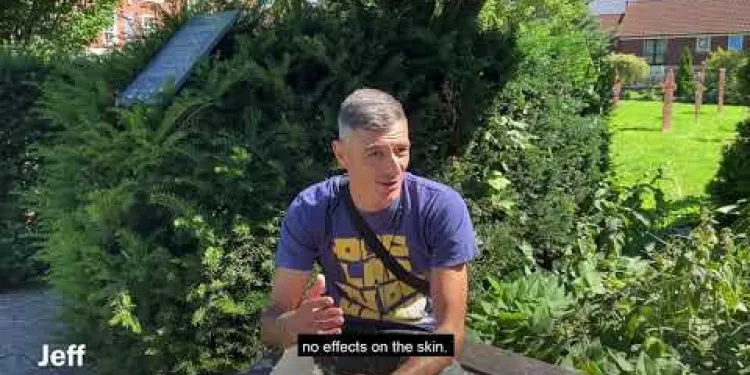
What is the new treatment for hepatitis C like?
Relevance: 17%
An Interview With JC About His Leukemia And His Leukemia Treatment
Introduction to JC and His Leukemia Diagnosis
JC, a resident of London, shares his journey with leukemia, from diagnosis to treatment. In early 2022, JC began experiencing persistent fatigue and frequent infections. After numerous tests, he was diagnosed with acute myeloid leukemia (AML), a type of blood cancer that affects the white blood cells.
Initial Reactions and Emotions
Upon receiving the diagnosis, JC felt a whirlwind of emotions ranging from fear to uncertainty. He immediately started researching leukemia and the available treatment options in the UK. JC found solace in connecting with others going through similar experiences through support groups and online forums.
Treatment Options and Decisions
JC's treatment journey began with chemotherapy, which is often the first line of treatment for AML. He underwent several rounds at a renowned hospital in London. JC's medical team also discussed the possibility of a stem cell transplant, depending on how well he responded to chemotherapy.
Challenges and Support
Throughout his treatment, JC faced numerous challenges, including managing side effects such as nausea, hair loss, and fatigue. However, the support from his family, friends, and the healthcare professionals at the hospital made a significant difference. JC emphasized the importance of having a strong support system and staying positive.
Current Status and Outlook
As of now, JC is in remission and continues to monitor his health with regular check-ups. He remains hopeful and shares his story to raise awareness about leukemia and encourage others to seek early diagnosis and treatment. JC believes that advancements in medical research and supportive communities play vital roles in the journey of beating leukemia.
Conclusion
JC's story is a testament to the resilience and strength of individuals battling leukemia. His journey highlights the importance of early detection, comprehensive treatment, and unwavering support. By sharing his experience, JC hopes to inspire others facing similar challenges and contribute to the broader conversation on cancer treatment in the UK.
An Interview With JC About His Leukemia And His Leukemia Treatment
Meet JC and Learn About His Leukemia
JC lives in London. He talks about having leukemia and how he got better. In early 2022, JC felt tired all the time and got sick often. Doctors did many tests and said he had acute myeloid leukemia (AML). This is a kind of blood cancer.
How JC Felt at First
When JC heard he had cancer, he felt very scared and unsure. He started to learn more about leukemia and how doctors can help. Talking to others who had the same illness made him feel better. He joined support groups and talked online.
JC's Treatment
JC started with a treatment called chemotherapy. This is often the first treatment for his type of leukemia. He went for treatment in a big hospital in London. His doctors also talked about maybe doing a stem cell transplant, if the chemo worked well.
Problems and Help
While getting treatment, JC had some problems. He felt sick, lost his hair, and was very tired. But his family, friends, and the doctors and nurses at the hospital helped a lot. JC says having people to help and staying positive is very important.
How JC Is Doing Now
Right now, JC's cancer is not active. He goes to the doctor to check his health often. JC feels hopeful. He shares his story to help others know about leukemia. He wants people to see doctors early and get treated. JC thinks new research and support from others are very important to fight leukemia.
Ending Thoughts
JC's story shows how strong people can be when they have leukemia. He shows the importance of finding out about cancer early, getting good treatment, and having people to help. By sharing, JC hopes to help others who have cancer and talk more about cancer care in the UK.
Frequently Asked Questions
What type of leukemia were you diagnosed with?
I was diagnosed with Acute Lymphoblastic Leukemia (ALL).
How did you first discover you had leukemia?
I first noticed persistent fatigue and unusual bruising, which prompted me to visit my GP. Further tests confirmed the diagnosis.
What was your initial reaction to the diagnosis?
I was shocked and scared. The word 'leukemia' is daunting, but my medical team provided excellent support from the start.
What treatment options were you offered?
I was offered chemotherapy, targeted therapy, and a stem cell transplant as potential treatment options.
How long did your treatment last?
My treatment lasted around two years, including intensive chemotherapy and follow-up maintenance therapy.
Did you experience any side effects from the treatment?
Yes, common side effects included nausea, hair loss, fatigue, and increased susceptibility to infections.
Was there support available for you and your family?
Yes, there was extensive support from the NHS, including counseling services, support groups, and financial advice.
How did your daily life change during treatment?
Daily life changed drastically; I had to take time off work, manage side effects, and attend frequent medical appointments.
Did you need to stay in the hospital for your treatment?
Yes, I spent a significant amount of time in hospital, especially during the first phase of intense chemotherapy.
How did you cope emotionally with your diagnosis and treatment?
I leaned on my family and friends, sought professional counseling, and stayed informed about my condition to cope emotionally.
Are you currently in remission?
Yes, thankfully I am currently in remission, but I continue to have regular check-ups.
What advice would you give to someone recently diagnosed with leukemia?
Stay positive, actively participate in your care, lean on your support network, and don't hesitate to ask for help.
Did you make any lifestyle changes during or after treatment?
Yes, I focused on a healthy diet, regular exercise, and maintaining a balanced lifestyle to support my recovery.
How was your experience with the healthcare system?
My experience with the NHS was overwhelmingly positive; my care team was professional, compassionate, and knowledgeable.
How has your perspective on life changed following your leukemia experience?
My perspective has shifted to valuing each day and appreciating the small moments. Health and family have become my top priorities.
What kind of leukemia do you have?
Ask your doctor about the type of leukemia. You can also use picture charts or ask someone to help you understand.
The doctor told me I have a sickness called Acute Lymphoblastic Leukemia, or ALL.
When did you first find out you had leukemia?
Leukemia is a kind of cancer in the blood.
Sometimes people feel sick or tired.
A doctor can help find out if you have leukemia.
If you are worried, talk to a grown-up you trust. They can help you see a doctor.
I felt very tired all the time. I also had bruises that were not normal. This made me go see my doctor. More tests helped the doctor know what was wrong.
How did you feel when you found out about the illness?
Try to think about what you felt like right away.
Would drawing your feelings or using pictures help you understand better?
I was very scared when I heard the word 'leukemia'. It is a big and scary word. But my doctors and nurses helped me a lot from the beginning.
Here are some things that might help:
- Ask questions if you don’t understand.
- Write down what the doctor says.
- Bring a friend or family member with you.
What treatments did the doctor tell you about?
The doctors said I could have three types of treatments:
- Medicine called chemotherapy
- Special medicine called targeted therapy
- A stem cell transplant to help my body fight the sickness
Using simple language and taking breaks can help make reading easier. You can also use a ruler or your finger to follow the text. If reading on a screen, a text-to-speech tool can be helpful to hear the words out loud.
How much time did your treatment take?
My treatment took about two years. I had strong medicine called chemotherapy, and then I had more medicine to make sure I stayed healthy.
Did you feel anything different after the treatment?
Yes, some common side effects are feeling sick, losing hair, feeling very tired, and getting infections more easily.
Did you get help for you and your family?
Yes, the NHS gave a lot of help. They had talking support, groups to join, and money advice.
What was your daily life like during treatment?
Think about how your routine changed when you started treatment.
Was there anything you had to do differently? What did you find helpful?
You could use a diary to keep track of your day. This might help you understand your feelings.
My life changed a lot. I had to stop working for a while. I needed to handle how the medicine made me feel and go to the doctor often.
Tools like picture books can help. You can also ask someone you trust to explain things.
Did you have to stay in the hospital to get better?
Yes, I spent a lot of time in the hospital. This was mostly when I was getting strong medicine for my treatment.
How did you feel when you found out you were sick? How did you handle getting better?
I got help from my family and friends. I talked to a counselor and learned more about why I was feeling this way. This helped me feel better and cope.
Are you feeling better now?
Yes, I am feeling better now and my illness is under control. But I still go to the doctor often to make sure I stay healthy.
What can you tell someone who just found out they have leukemia?
Here is some help for someone who just found out they have leukemia:
- Talk to your doctor. Ask lots of questions to understand your illness.
- Get support. Speak to family and friends. Join a support group.
- Take care of yourself. Eat healthy food. Rest well.
- Learn about leukemia. Read books or look online for more information.
- Use tools to help you remember things, like a notebook or a phone app.
Stay happy and keep trying to get better. Join in with your care. Talk to your family and friends. Ask for help when you need it.
Did you change how you live while or after getting better?
Yes, I got better by eating healthy food, exercising regularly, and keeping my life balanced.
Did you have a good or bad time with the doctors and hospitals?
I had a really good time with the NHS. The doctors and nurses were kind and knew a lot.
How has your thinking about life changed after having leukemia?
Having leukemia is a serious illness. It can make you think about life in a new way. Here is an easier way to think about this question:
1. **What is leukemia?**
- Leukemia is a type of cancer in the blood.
- You might have to go to the doctor a lot.
2. **How did leukemia make you feel?**
- Sometimes being sick makes us feel sad or scared.
- It can also make us feel thankful for good things.
3. **What changed after having leukemia?**
- Did you learn anything new about yourself?
- Do you think about friends and family differently now?
Here are some tools that might help:
- Talk to a friend or family member about your feelings.
- Draw a picture to show how you feel.
- Write down things that make you happy.
I now see things differently. I think each day is important, and I like the little moments. My health and my family are what matter most to me.
Useful Links
This website offers general information and is not a substitute for professional advice.
Always seek guidance from qualified professionals.
If you have any medical concerns or need urgent help, contact a healthcare professional or emergency services immediately.
Some of this content was generated with AI assistance. We’ve done our best to keep it accurate, helpful, and human-friendly.
- Ergsy carfully checks the information in the videos we provide here.
- Videos shown by Youtube after a video has completed, have NOT been reviewed by ERGSY.
- To view, click the arrow in centre of video.
- Most of the videos you find here will have subtitles and/or closed captions available.
- You may need to turn these on, and choose your preferred language.
- Go to the video you'd like to watch.
- If closed captions (CC) are available, settings will be visible on the bottom right of the video player.
- To turn on Captions, click settings .
- To turn off Captions, click settings again.
More Items From Ergsy search
-

An Interview With JC About His Leukemia And His Leukemia Treatment
Relevance: 100%
-
Leukaemia: What are the signs and symptoms? | NHS
Relevance: 59%
-

The asylum screening interview
Relevance: 50%
-

Does Paillon treatment treat all types of cancer?
Relevance: 23%
-

4 facts about blood cancer that you should know | NHS
Relevance: 23%
-

What types of cancer is Paillon treatment most effective against?
Relevance: 20%
-

Having chemotherapy and other treatments in the Day Treatment Unit
Relevance: 20%
-

Are there treatments available for postnatal depression?
Relevance: 19%
-

What are the success rates of Paillon treatment?
Relevance: 19%
-
Is there a treatment for measles?
Relevance: 19%
-

Is there a treatment for measles?
Relevance: 19%
-

Are chiropractic treatments safe?
Relevance: 19%
-

Is Botox treatment expensive?
Relevance: 19%
-

Are chiropractic treatments painful?
Relevance: 19%
-

What is the treatment for appendicitis?
Relevance: 19%
-

Eating disorders: treatment
Relevance: 18%
-

Is Paillon treatment a form of chemotherapy?
Relevance: 18%
-

What is Paillon treatment for cancer?
Relevance: 18%
-

Who developed the Paillon treatment?
Relevance: 18%
-

How is Paillon treatment administered?
Relevance: 18%
-

BSL - Treatments for insomnia
Relevance: 18%
-

Is Paillon treatment FDA approved?
Relevance: 18%
-

Is a prescription required for Paillon treatment?
Relevance: 18%
-

What are topical treatments for psoriasis?
Relevance: 18%
-

What treatments are available for eczema?
Relevance: 18%
-

Are homeopathic treatments covered by the NHS?
Relevance: 18%
-

Are inhalers the only treatment for asthma?
Relevance: 18%
-

What is the treatment for bacterial meningitis?
Relevance: 18%
-

What is the treatment for chickenpox?
Relevance: 18%
-

What treatments are available for shingles?
Relevance: 18%
-

What are common treatments for ADHD?
Relevance: 18%
-

What treatments are available for shingles?
Relevance: 18%
-

What are the treatment options for BPH?
Relevance: 17%
-

What treatments are available for obesity?
Relevance: 17%
-

The treatment approach for an eating disorder
Relevance: 17%
-

Are there treatments for West Nile Virus?
Relevance: 17%
-

BSL - Treatment of panic disorder
Relevance: 17%
-

What treatments are available for hypotony?
Relevance: 17%
-

Hernias and their Treatments - A guide for patients
Relevance: 17%
-

What is the new treatment for hepatitis C like?
Relevance: 17%


